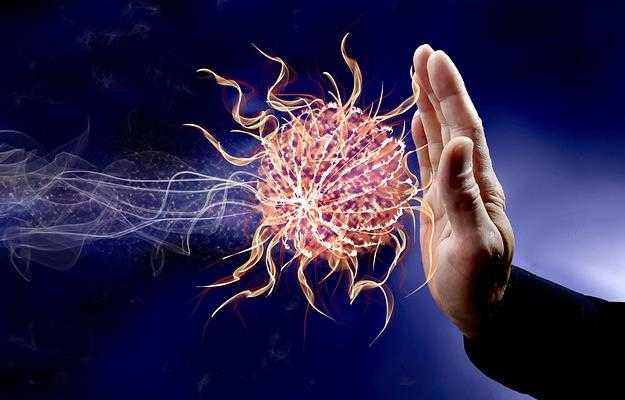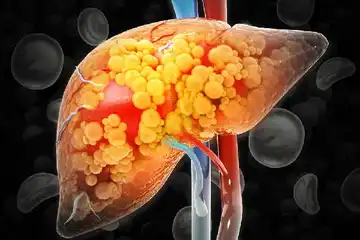What is Primary Immunodeficiency?
Primary immunodeficiency (PID) disease is a group of inherited diseases characterised by the absence or improper functioning of one or more components of the immune system. The immune system is made of white blood cells. Our body defends itself from an attack by microorganisms by producing antibodies. In most cases of PID, these antibodies are either missing or do not function to protect the body efficiently. PID may affect the respiratory system, digestive tract, brain, spinal cord, or other systems of the body. Approximately, more than 150 types of PID exist currently with a new type being added to the list constantly.
What are the main signs and symptoms?
An individual with PID may experience the following signs and symptoms:
- A recurrent infection that is difficult to cure.
- Enlarged spleen.
- Recurrent abscess or pus in the skin or organs.
- Weight loss.
- Inflammation or swelling of the layer covering the brain (meningitis).
- Recurrent pneumonia.
- Swollen lymph nodes.
What are the main causes?
PID is caused by genetic and hereditary defects and is not infectious. Numerous genetic mutations cause various diseases that fall under the umbrella of PID.
How is it diagnosed and treated?
The diagnostic tests recommended by the doctors for identifying PID include:
- Blood tests to identify antibodies and levels of white blood cells.
- Prenatal tests for parents who already have a child with PID and want to get themselves tested for future pregnancy. It aids in determining whether the foetus is affected or not.
- Genetic tests to identify the defect in the genes.
The treatment is based upon the type of immune defects and includes the following:
- Bone marrow, thymus, or stem cell transplant.
- Immunomodulation, such as the use of interferon gamma to boost the immune system.
- Antibiotics for the prevention and treatment of infections and management of the condition.
- Management of autoimmune disease, if any.
- Antibody replacement therapy.

 OTC Medicines for Primary Immunodeficiency
OTC Medicines for Primary Immunodeficiency















